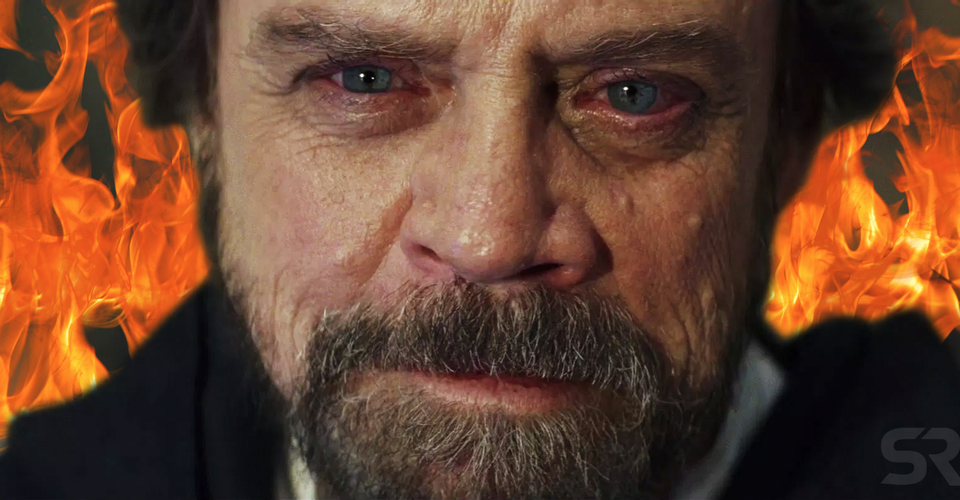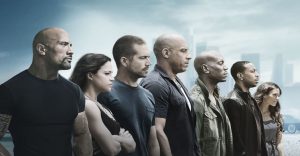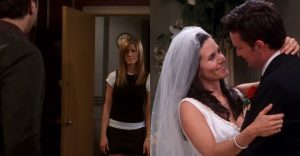The Last Jedi Was Great (But Still Ruined Star Wars Fandom)

Star Wars: The Last Jedi is a great film, but it still ended up ruining the franchise’s fandom. As difficult as this may be to believe, a year has now passed since Rian Johnson’s installment in the Skywalker saga opened in theaters. Continuing the story established in the record-breaking The Force Awakens, many viewers were excited to see how the narrative would continue, spending two years formulating their own theories about what the future held for Rey, Kylo Ren, Luke Skywalker, and others. Few would have predicted what Johnson had in store – for better or worse.
Debates about the director’s bold and ambitious creative choices rage on to this day, with many feeling they either necessarily moved the series forward in exciting ways or killed the movies by blatantly disregarding what came before. Based on The Last Jedi’s critical reception, $1.3 billion box office gross, and Kathleen Kennedy green lighting a new Star Wars trilogy from Johnson, it’s safe to say Lucasfilm like how things turned out with what ended up being a polarizing film. But for all its merits, Episode VIII still broke the fandom (though that isn’t entirely the film’s fault).
The Last Jedi Is A Great Star Wars Film

One of the most common criticisms about The Force Awakens was that it felt very safe in some respects. Yes, there were some risky decisions (hinging the entire first act on the new cast of characters, limiting Luke’s return to a single scene at the end), but it was quite intentionally a soft reboot of A New Hope, designed to remind audiences why they fell in love with Star Wars in the first place. The results proved that approach worked, but even those who loved The Force Awakens knew the next episode couldn’t simply be an Empire Strikes Back redux. People wanted to see something new that pushed boundaries and broke new ground.
Related: The Last Jedi Is A Reverse Phantom Menace
The Last Jedi was certainly that. While there were some noticeable parallels to the previous movies in the saga, Johnson looked to help the franchise evolve with a story that both honored the past and subverted many expectations viewers had going in. In many ways, Episode VIII was a challenging film that strayed far from the confines of the typical blockbuster. It was a movie about our protagonists dealing with the consequences of failure and the difficult choices they have to make in trying times. It was a movie that returned Star Wars to its roots by shedding the franchise’s over-reliance on all-important bloodlines and told the audience a hero could come from anywhere – even if they were born to two junk traders who sold their child off for drinking money. The Last Jedi also – smartly – subverted expectations with some ingenious twists (like the Snoke death) that pushed the narrative forward in a way where anything can happen in Episode IX. Johnson didn’t entirely wipe the slate clean, but J.J. Abrams and Chris Terrio have numerous possibilities at their fingertips.

It should be noted that The Last Jedi isn’t a great film for the simple reason that it was different. That’s part of it, but The Last Jedi was also an incredible sequel to The Force Awakens. Johnson took his responsibility seriously and built off what was introduced in Abrams’ film. Every character arc in The Last Jedi can be traced back to its predecessor. Poe Dameron is the hotshot pilot in need of a lesson in leadership. Finn selfishly wants to fly off with Rey instead of aiding the Resistance’s cause. Rey and Kylo Ren are still trying to figure out their respective places in the universe and how that connects to their past. And, of course, the controversial Luke storyline is rooted deeply in Force Awakens concepts. Skywalker intentionally removed himself from the fight during his friends’ time of need. The only good explanation for that would be if he endured something horrifying and traumatic – like his absolute failure of Ben Solo. If Luke gallantly picked up the sword as soon as Rey arrived, then his exile would have been exceptionally contrived and meaningless. Viewers needed to meet him at his lowest point in order for the payoff of his sacrifice on Crait to connect.
In the aftermath of The Last Jedi, many accused Johnson of retconning numerous elements Abrams set up, but that couldn’t be further from the truth. Besides Luke, Johnson also stayed true to The Force Awakens’ dialogue about Rey’s parentage. Remember, it’s Maz Kanata who tells Rey that her family is never coming back and she needs to look ahead for the belonging she so desperately desires. Even the disappointment surrounding Snoke’s murder stemmed more from the plethora of fan theories about the Supreme Leader’s backstory than anything that was concretely presented in The Force Awakens. Snoke was positioned as some sort of Emperor surrogate, but there was nothing that said he had to be the sequel trilogy’s big bad. Killing him allowed Snoke to fulfill his true purpose (to this story, anyway) of being a red herring and a stepping stone for Kylo Ren’s journey. If Snoke were still in the picture, Episode IX would almost have to be a Return of the Jedi redux where the all-powerful dark side user is thwarted. But now, Kylo Ren (the most interesting character in the modern films) can have even more of the spotlight in an enhanced role.
Page 2: How The Last Jedi Broke Star Wars Fandom
- Star Wars 9 / Star Wars: The Rise of Skywalker (2019)Release date: Dec 20, 2019
1
2
About The Author


















